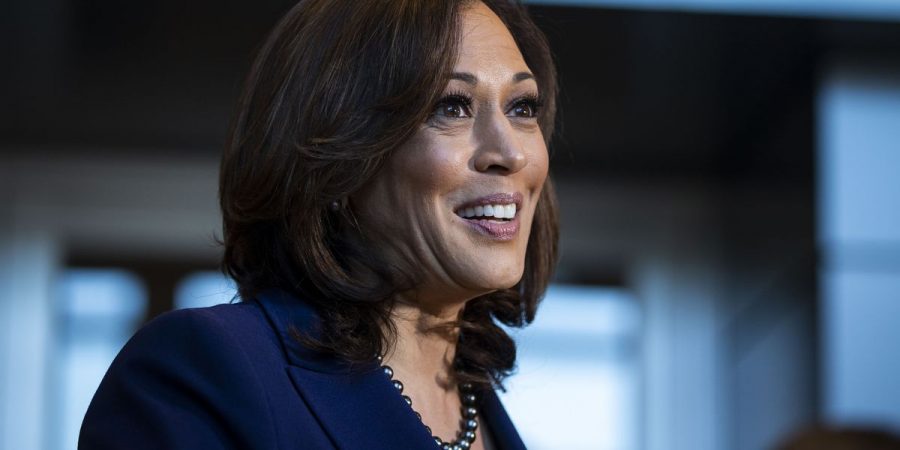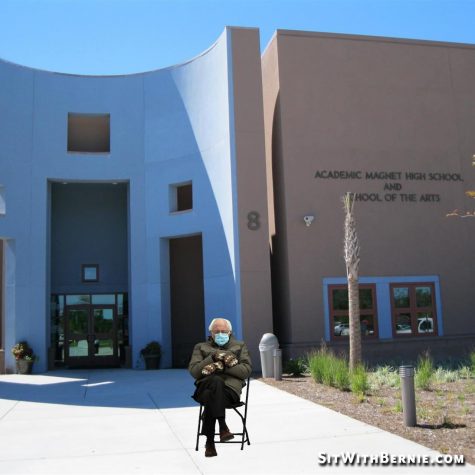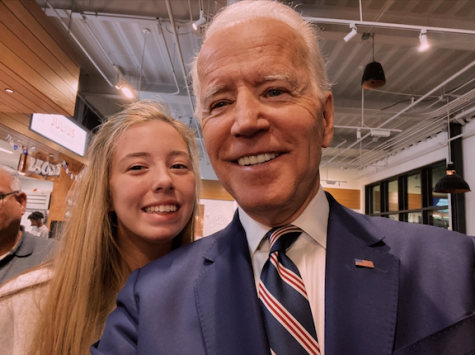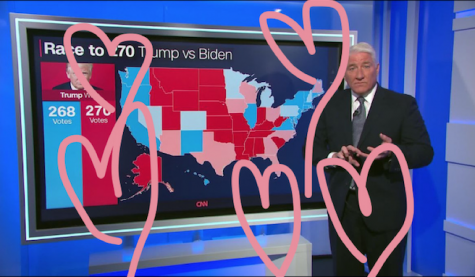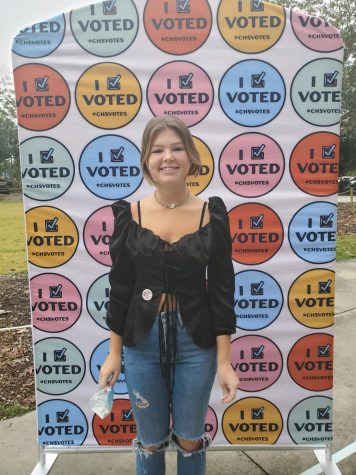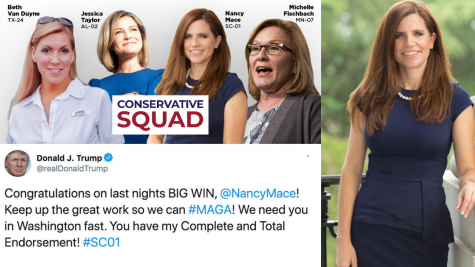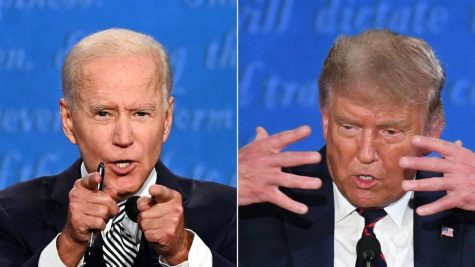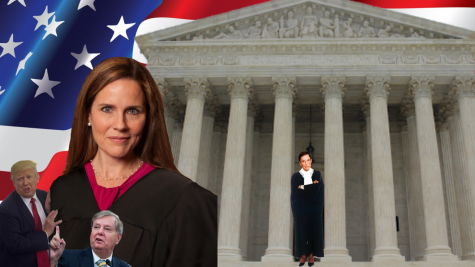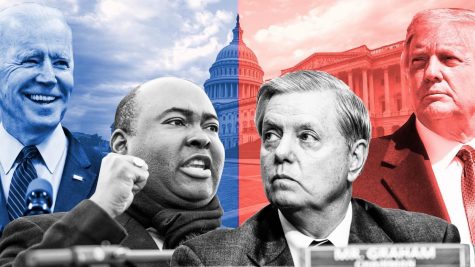Kamala Harris: The Woman Who Made History
Her path to the White House
At 56 years of age, Senator Kamala Harris (D-CA) is breaking boundaries. The first woman to ever become Vice President-elect, she made headlines when the Biden-Harris campaign clinched a tight victory in the 2020 presidential election. Not only is Harris set to become the first female vice president in January, but she will be the first female vice president of color. How did she get there? Here’s a look back on her past.
Senator Harris was born in Oakley California to immigrant parents. Her father is from Jamaica, and her mother from India. Both her parents were strong civil rights activists in the 60s, though Harris spent most of her childhood with her mother after her parents divorced. Harris’s maternal grandparents were also involved in politics. As a result, Harris was exposed to politics and civil rights issues from an early age.
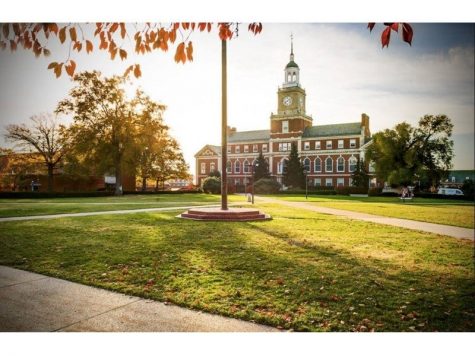
After graduating high school, Harris attended Howard University in Washington, D.C., where she majored in political science and economics. She then went on to attend UC Hastings College of the Law in San Francisco. After passing the bar, she became an attorney.
During her early years as an attorney, Harris dated Willie Brown, who was a powerful Californian Democrat. He was also 30 years older than her. Brown used his influence to appoint her to two state boards, which earned her an extra $80,000 a year.
Kamala began her rise to power in 2003, when she ran successfully for San Francisco district attorney. Her work in San Francisco earned mixed support, with some accusing her of not doing enough to support the police. Police unions openly opposed her after she refused to consider the death penalty against a cop killer in 2004.

In 2010, Harris assumed the position of California attorney general. Her work again sparked controversy among political activists, this time from the left. Civil rights advocates praised Harris for her Open Justice Program, which provided public access to California criminal justice data. On the other hand, some activists denounced Harris upon her refusal to investigate the deaths of unarmed black men at the hands of the police.
Overall, Harris’s positions as an attorney were relatively moderate. Though she attempted some reforms, she declined to interfere in anything controversial (with the exception of the death penalty). This changed when she made her foray into legislative politics.
Enter Senator Harris. No longer bound by the judicial branch, Harris was free to be as partisan as she wanted. Though Harris had always been close friends with high-profile Democrats, the extent of her liberal leanings were previously unknown. Two of her major votes were to remove Trump and suspend the President’s authority to take military action without Congressional approval. She also opposed all Trump’s nominations to federal offices and cosponsored the Senate version of the Green New Deal. In 2019, GovTrack ranked Harris as the most liberal member of the Senate.
In early 2019, Harris announced her bid for president. Her campaign centered around racial justice, the environment, and health care. Her candidacy garnered national attention after she slammed Joe Biden for his opposition to integrated busing. The hype was short-lived, however; Many voters found themselves confused by Harris’s conflicting stances on major issues including private health insurance. By December, her campaign had fizzled out.
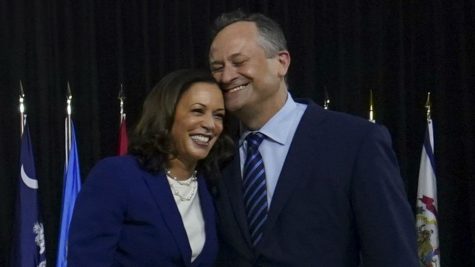
After dropping out the race, Harris endorsed Biden and poured her efforts back into the Senate. At the same time, she was positioning herself as a strong vice presidential candidate.
On August 11th, Harris was announced as Biden’s running mate. She promptly adopted his more moderate policies and returned to active campaigning. Like Biden, she supported peaceful protesters in the wake of the summer’s police shootings. She also used her position on the Senate Judiciary Committee to demonstrate the campaign’s disapproval of Amy Coney Barret’s nomination to the Supreme Court.
You may be the first, but make sure you’re not the last
— Shyamala Gopalan Harris
Now Vice President-elect, Harris hopes to leave a lasting impact on American government. The Biden Administration plans hit the ground running, and Kamala will be there along with them. Her motto, “you may be the first, but make sure you’re not the last,” was inspired by her mother, Shyamala Harris, and embodies her drive to pave the way for future female executives. As Vice President, she hopes to promote leadership among all Americans, regardless of race or gender.



